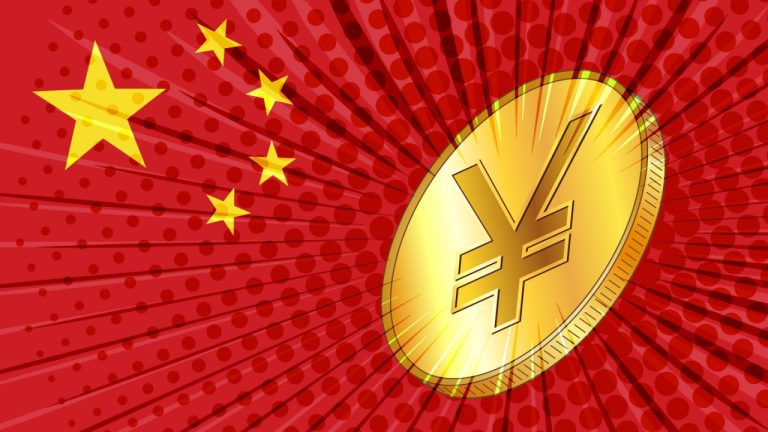
The Shanghai Clearing House, Asia’s first counterparty clearing institution, announced support for payments made with the digital yuan Monday. According to reports, the move will allow companies to settle transactions for commodities in bulk, promoting the digital yuan, the Chinese central bank digital currency (CBDC), in international markets.
Shanghai Clearing House to Support Digital Yuan
The Shanghai Clearing House, one of the largest counterparty and clearing companies in Asia and the world, recently introduced support for operations and settlements using the Chinese central bank digital currency (CBDC), the digital yuan. According to local reports, the institution will allow its customers to settle bulk commodities payments with the digital yuan with no added fees for the time being.
Some experts believe that using the digital yuan in a large clearing house business will boost efficiency in managing commodity settlements. Dong Dengxin, director of the Finance and Securities Institute of the Wuhan University of Science and Technology, stated:
The launch of the services will make cross-border settlement of bulk commodities more secure, faster, more efficient, and more cost-effective for financial institutions and service providers.
China was the second biggest commodities importer in the world in 2021, with 12.6% of all commodities being purchased by the nation for $2.68 trillion, just behind the U.S., which imported $2.93 trillion in the same period.
Opening Paths for the Digital Yuan
The measure can be seen as a natural extension of the movements that the People’s Bank of China has been making to position the digital yuan as a cross-border transactional currency after passing tests in retail environments.
Dong added:
The move will also facilitate the internationalization of the Chinese currency, and provide the world with a trusted clearing system.
The currency is also being tested with the Faster Payments System to allow Hong Kong citizens to pay with the digital yuan in mainland China. In May, the Chinese autonomous region of Guanxi announced that it was preparing to present the digital yuan at the next China-ASEAN Expo event. Guanxi also plans to use digital yuan as a settlement currency in cross-border trade with other Association of Southeast Asian Nations (ASEAN) countries.
Previously, in April, it was announced that the city of Changshu, with more than 1.5 million inhabitants, would be the first city to use the digital yuan to pay for wages of city employees, including public servants in government offices, as well as schoolteachers, medical staff, and employees of state companies.
What do you think about the support for digital yuan services from the Shanghai Clearing House? Tell us in the comments section below.
from Bitcoin News https://ift.tt/1d7PYl3
Comments
Post a Comment